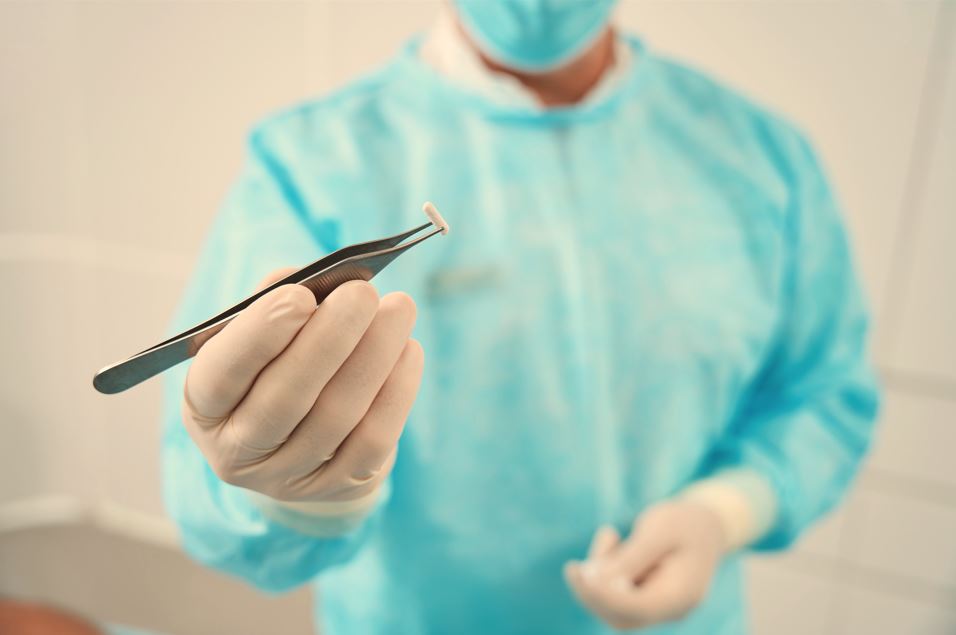Many individuals turn to bioidentical hormone therapy (BHT) as a way to address various health concerns tied to hormonal imbalances. This approach focuses on using hormones that are chemically identical to those the body naturally produces. To make treatments as effective as possible, bioidentical hormone specialists create tailored plans that reflect the unique needs of each patient. Here’s more information on the process these specialists use to customize hormone treatments:
Understanding Your Hormone Profile
The first step for a bioidentical hormone specialist is to determine your specific hormonal needs. This process involves a thorough evaluation that includes detailed medical history, symptom analysis, and diagnostic testing. Specialists typically conduct a series of laboratory tests to measure hormone levels in the bloodstream, saliva, or urine.
These diagnostic tools provide a clear picture of any hormonal imbalances, such as deficiencies in estrogen, progesterone, testosterone, or other key hormones. By identifying the exact nature and degree of imbalance, specialists can better understand what your body needs to achieve hormonal harmony. This step forms the foundation for customized treatment and helps align therapy with your unique physiological makeup.
Developing a Treatment Plan
Once your hormonal profile has been established, specialists craft a personalized treatment plan. These plans outline the type and dosage of bioidentical hormones required, along with recommendations for how they should be administered. Bioidentical hormones can be delivered in various forms, such as creams, gels, patches, pills, or injections.
Specialists select the delivery method that aligns best with your lifestyle, preferences, and treatment goals. They also determine the frequency and dosage required to maintain optimal hormone levels, while enabling minimal side effects. Regular follow-ups are key to tracking progress and making necessary adjustments. By monitoring your response, specialists make sure your hormonal therapy adapts to your evolving needs, supporting both short-term relief and long-term health goals.
Monitoring Progress
During bioidentical hormone therapy, specialists monitor patients regularly to track progress and assess the treatment’s effectiveness over time. Ongoing testing, combined with patient feedback about symptoms, helps determine whether hormone levels remain balanced. If a patient experiences changes or new symptoms, specialists can refine the treatment plan accordingly.
Continuous monitoring allows specialists to adapt quickly, making sure that therapies stay effective and tailored to the current state of your health. This approach includes personalized adjustments based on factors like age, lifestyle, and stress levels, making certain that treatments remain aligned with evolving needs. This dynamic approach not only supports long-term well-being but also minimizes potential risks, promoting a healthier, more balanced life.
Find a Bioidentical Hormone Specialist
Bioidentical hormone therapy stands out because of its individualized nature. Specialists craft treatments to reflect what makes every patient unique, from hormone levels to lifestyle considerations. This tailored process enables the therapy to align with your body’s requirements and deliver the best possible support. If you’re exploring bioidentical hormone therapy, consulting with a specialist helps you better understand your hormone health while receiving care designed with you in mind. Personalized care not only enhances your well-being but also enables long-term health benefits.





Leave a Reply